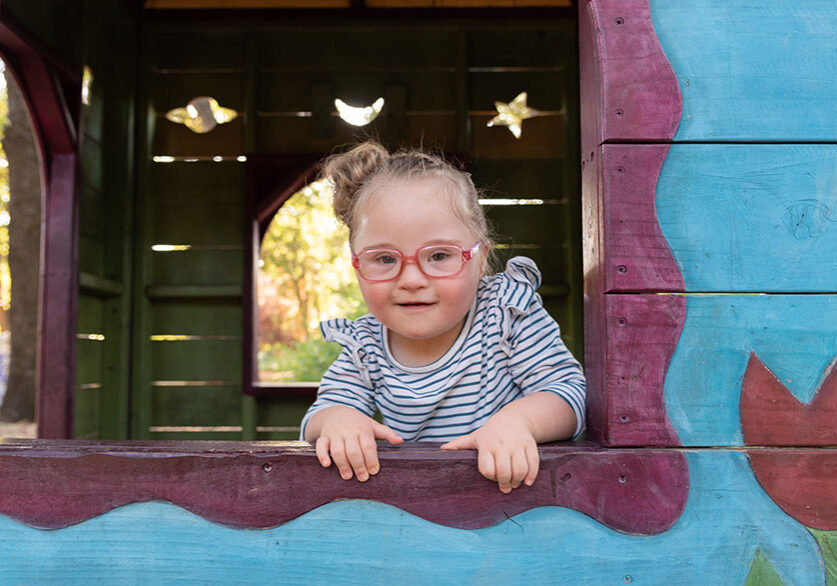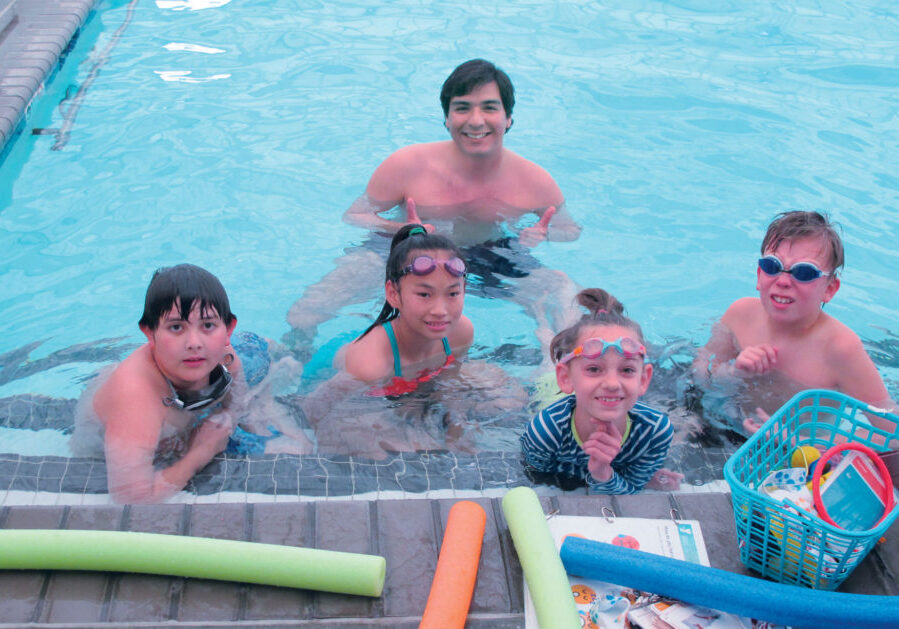For parents of children with disabilities, finding the right summer camp can feel like a huge challenge, as the environment needs to be safe, supportive, and understanding of their child’s unique needs. And, the right summer camp should give these children experiences that allow them to explore their individuality and develop meaningful relationships with peers.
For teens and adults with disabilities and /or disadvantages that would prevent them from attending a typical summer camp, Camp Ronald McDonald at Eagle Lake, located on 35 acres approximately ten miles outside of Susanville in California, might be the perfect fit. The camp is fully accessible and has programs carefully tailored to meet the needs of each camper, with a team of staff experienced in camp staples like drama, arts & crafts, outdoor education, nutrition, sports activities, and waterfront adventures.
A brief history
Camp Ronald McDonald opened in 1992 under the umbrella of Eagle Lake Children’s Charities, and in 1997, Eagle Lake Children’s Charities and the McDonald’s cooperative of owners and operators in Northern California joined forces to form Ronald McDonald House Charities Northern California.
This cooperative was also responsible for building the Ronald McDonald House in Sacramento, which provides a “home away from home” for families in the North State with seriously ill and injured children.
Camp Director Joseph Kahn says the campers primarily come “from Sacramento, Davis, all the way up north to the Redding and Red Bluff area.” He says they also have had previous campers who moved out of state come back to attend camp in the summer.
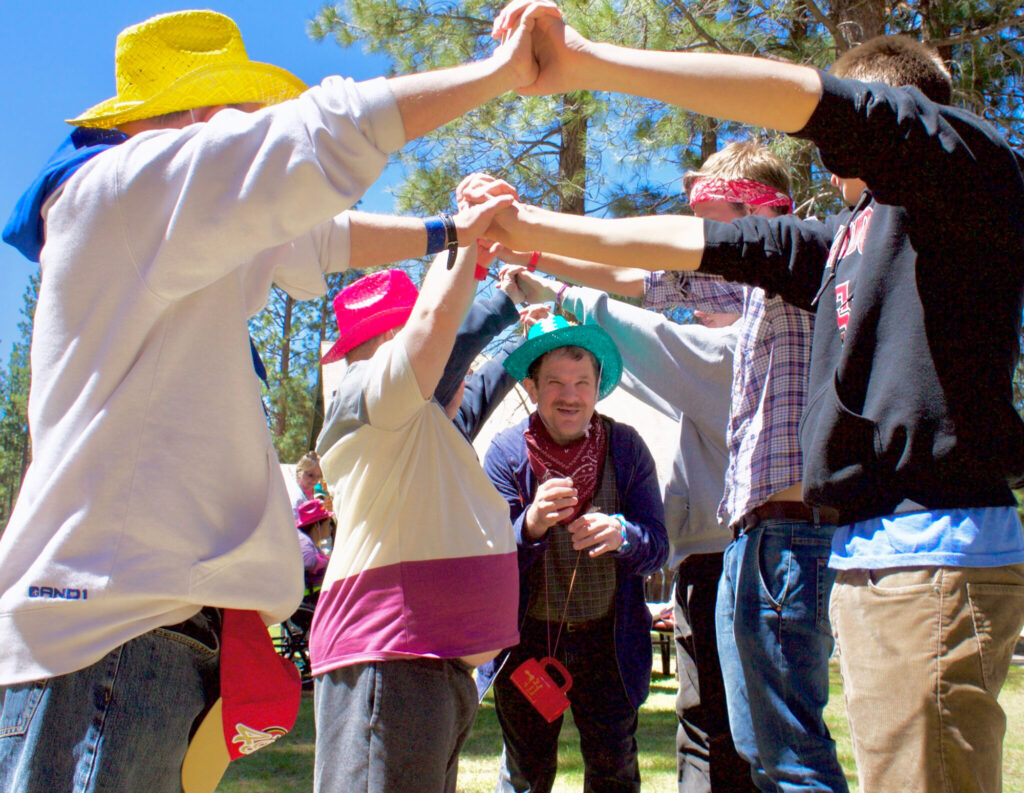
Fully accessible, designed for fun and safety
Attending an overnight summer camp can be a life-changing experience for all children, allowing them to develop social connections, learn new skills, and enjoy the outdoors. For children with disabilities, however, several barriers often prevent them from fully participating in these experiences.
Most typical summer camps aren’t designed with accessibility in mind, leading to issues such as uneven terrain, narrow pathways, or inaccessible buildings. This can make it difficult for individuals with mobility impairments to navigate the campgrounds and participate in activities.
According to Joseph, this is not the case for Camp Eagle Lake, as the camp is fully accessible. “You can get from every single one of the cabins to the dining hall down to the waterfront to our amphitheater fire pit area on either wooden or paved walking trails.”
Camp Eagle Lake has many activities and programs that one might find at any other overnight summer camp, such as arts and crafts, sports, and water activities. According to Joseph, the waterfront is the most popular spot for campers, with about a mile and a half of beachfront area where campers can go canoeing, kayaking and fishing. There is also a sectioned-off swimming area that is supervised by lifeguards during swim times.
Another favorite is the after-dinner fun, which routinely includes talent shows and carnivals, and is “a way for these kiddos to showcase the awesome talents that they have,” Joseph says.
Camp staff members strive to understand the needs of every camper so each one can have a safe and memorable experience. Most staff members are college students studying education, special education, social work, nursing, nutrition and physical education. There are no special requirements to be on staff, Joseph says, other than “a passion for wanting to help kids.” Staff goes through specialized training to learn how best to accommodate the campers, and the experience gives them skills that will serve them well.
Things to know
Down syndrome and autism are the most common disabilities among the campers, along with cerebral palsy and mobility issues, but Joseph notes that they accept people with a wide range of “physical, mental, or emotional disabilities.”
Camp Eagle Lake accepts individuals 13 and older. The camp’s sessions run from late July to early August, with a separate session for adults aged 25 and over.
Due to the nature and environment of the program, including altitude, communal living accommodations, and staffing ratios, Camp Eagle Lake may not be able to safely serve campers who exhibit certain behaviors, such as eloping or aggression, or who have medical issues requiring care beyond the scope of the health center staff team.
For more information about Camp Ronald McDonald at Eagle Lake or to find out if it would be the right environment for your child or loved one with a disability, contact Joseph Kahn at jkahn@rmhcnc.org.
Posted in: Uniquely Us
Comment Policy: All viewpoints are welcome, but comments should remain relevant. Personal attacks, profanity, and aggressive behavior are not allowed. No spam, advertising, or promoting of products/services. Please, only use your real name and limit the amount of links submitted in your comment.
You Might Also Like...
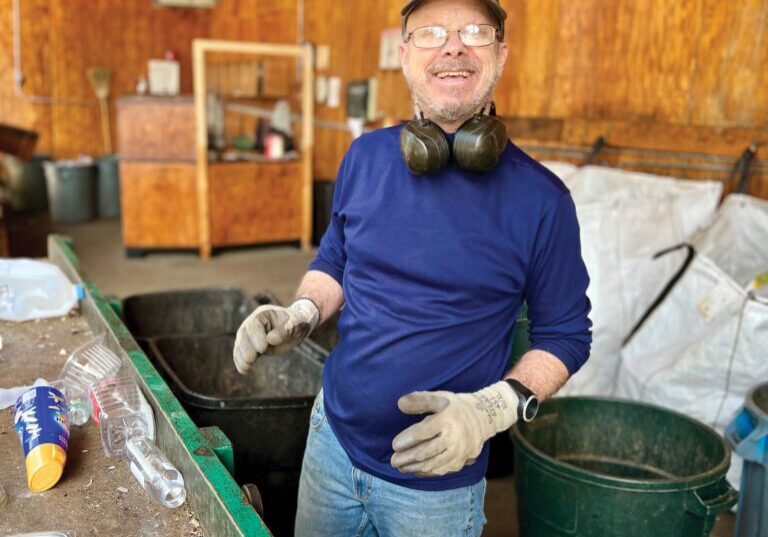
Siskiyou Opportunity Center Expands To Serve Shasta County Clients
Northern California is home to a vast network of support programs that enhance the lives of adults with developmental and intellectual disabilities by promoting financial independence, employment, community involvement and […]
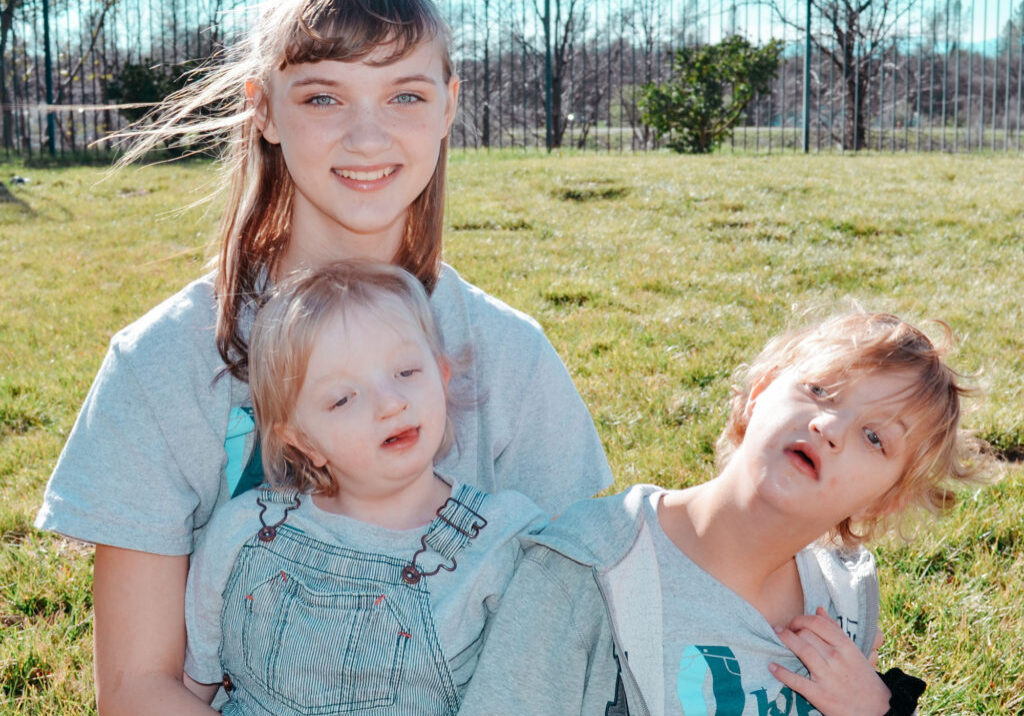
Rare Genes Day – Raising Awareness in the North State
Rare Disease Day — also known as Rare Genes Day — is a globally coordinated movement that takes place around the last day of February, and will be celebrated with […]
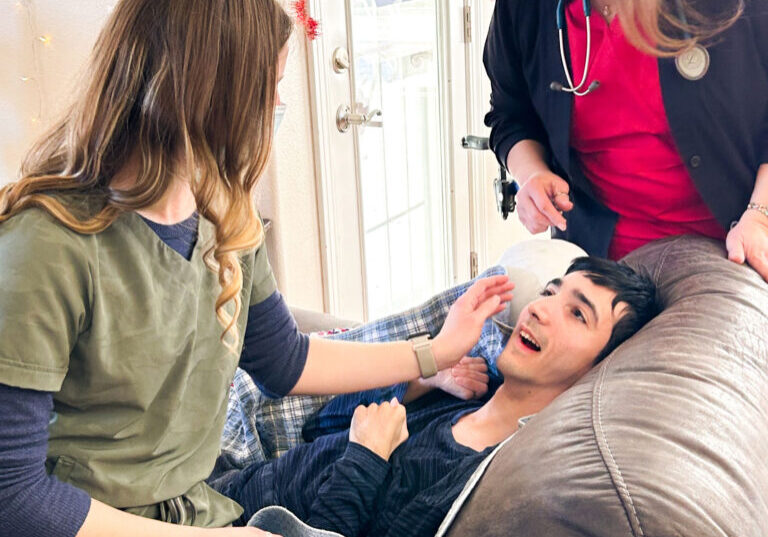
Ridgeline Pediatric Provides Childcare for Medically Complex Kids
Parents of medically fragile children often face a unique set of challenges when it comes to finding childcare. Not only do these parents need to find someone willing to care […]
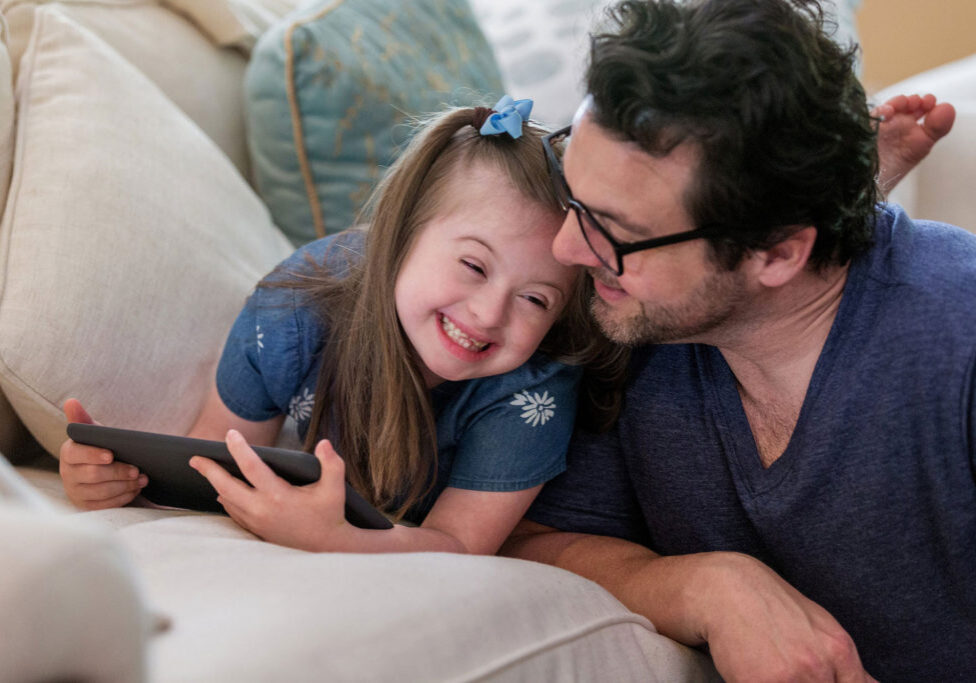
Raising Awareness Of Rare Genetic Conditions
February 28 is World Rare Disease Day. This is an annual observance to raise awareness for the 400 million people worldwide affected by rare diseases. Advanced medical technology and research […]



